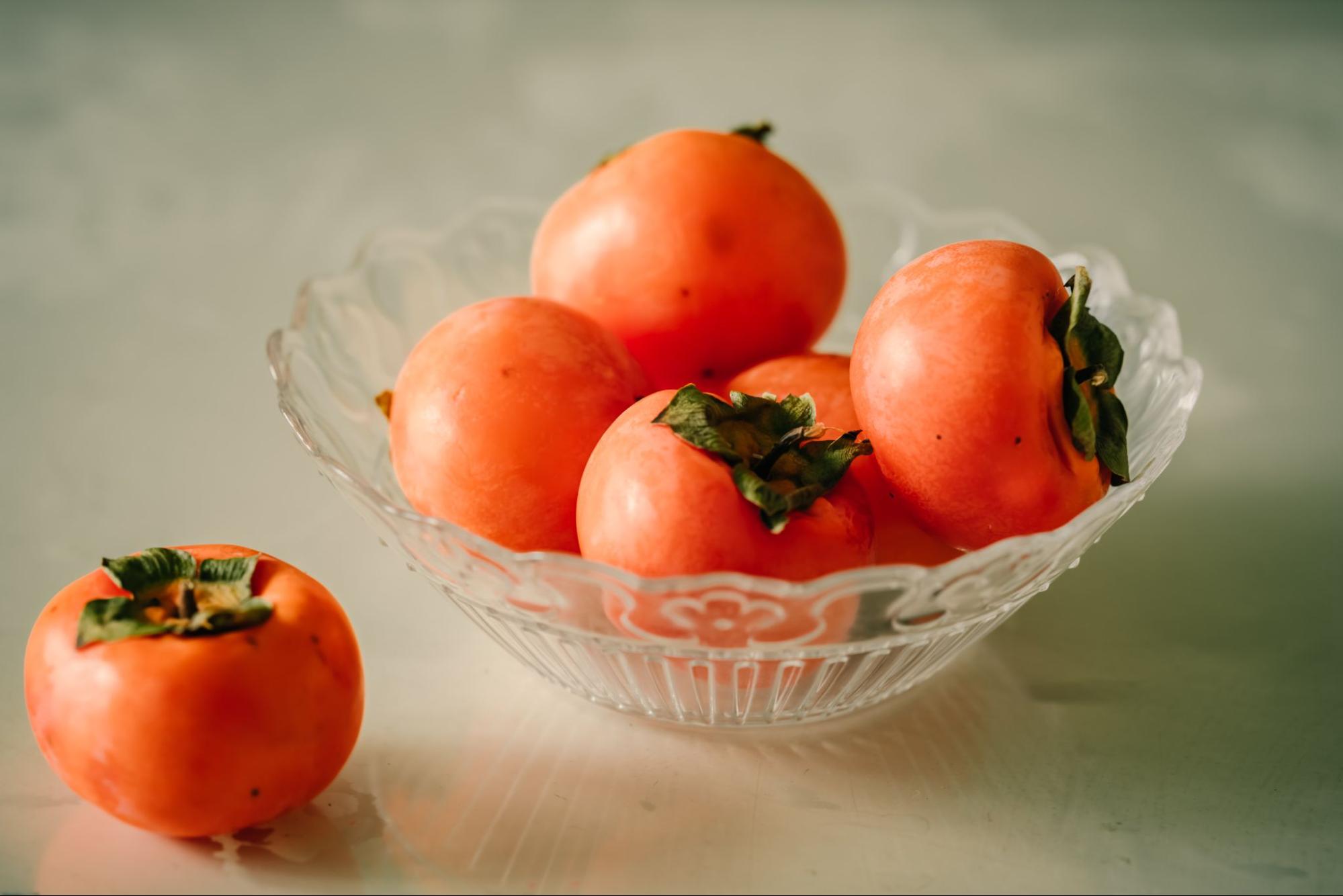Pushover persimmon — phrase of the week
Did Intel “pinch China’s soft persimmon” with a recent Xinjiang-related apology?

Describing someone as a persimmon, or a 柿子 shìzi, in Chinese, is the same as calling them a pushover or a softie in English.
“Pinching a soft persimmon” (捏软柿子 niē ruǎn shìzi), or taking someone for a pushover, is how some Chinese media (Sohu, in Chinese) reacted to Intel’s apology to the Chinese people last week, for telling its suppliers not to source products from Xinjiang because of concerns about Uyghur forced labor:
Some media said that surprisingly Intel dared to take China for a pushover with its provocative actions.
有的媒体说英特尔一个企业,居然也敢把中国当是软柿子捏,来中国这挑衅
Backstory and translation
A persimmon is a soft, red tomato-like fruit that grows all over China and is harvested during the winter months.
“Pinching a soft persimmon” comes from the phrase “When an old lady eats persimmons, she chooses the soft ones to pinch” (老太太吃柿子,专挑软的捏).
It’s a xiēhòuyǔ 歇后语. Xiē means to pause; hòuyǔ means “words that come after.” A xiēhòuyǔ is a metaphor divided into two parts — the second half is sometimes not said but implied. The closest we have in English is a pun, so I would translate this kind of phrase as a Chinese pun.
Another way to say the same thing is: “When picking persimmons, go for the soft one” (柿子捡软的捏). Or, you can drop most of the phrase and just call someone a soft persimmon (软柿子) — which means they are easily bullied and don’t stand up for themselves.
If you enjoyed this, check out Andrew Methven’s Slow Chinese 每周漫闻 newsletter, a resource to help you master modern Mandarin, and understand how people speak Chinese today.






